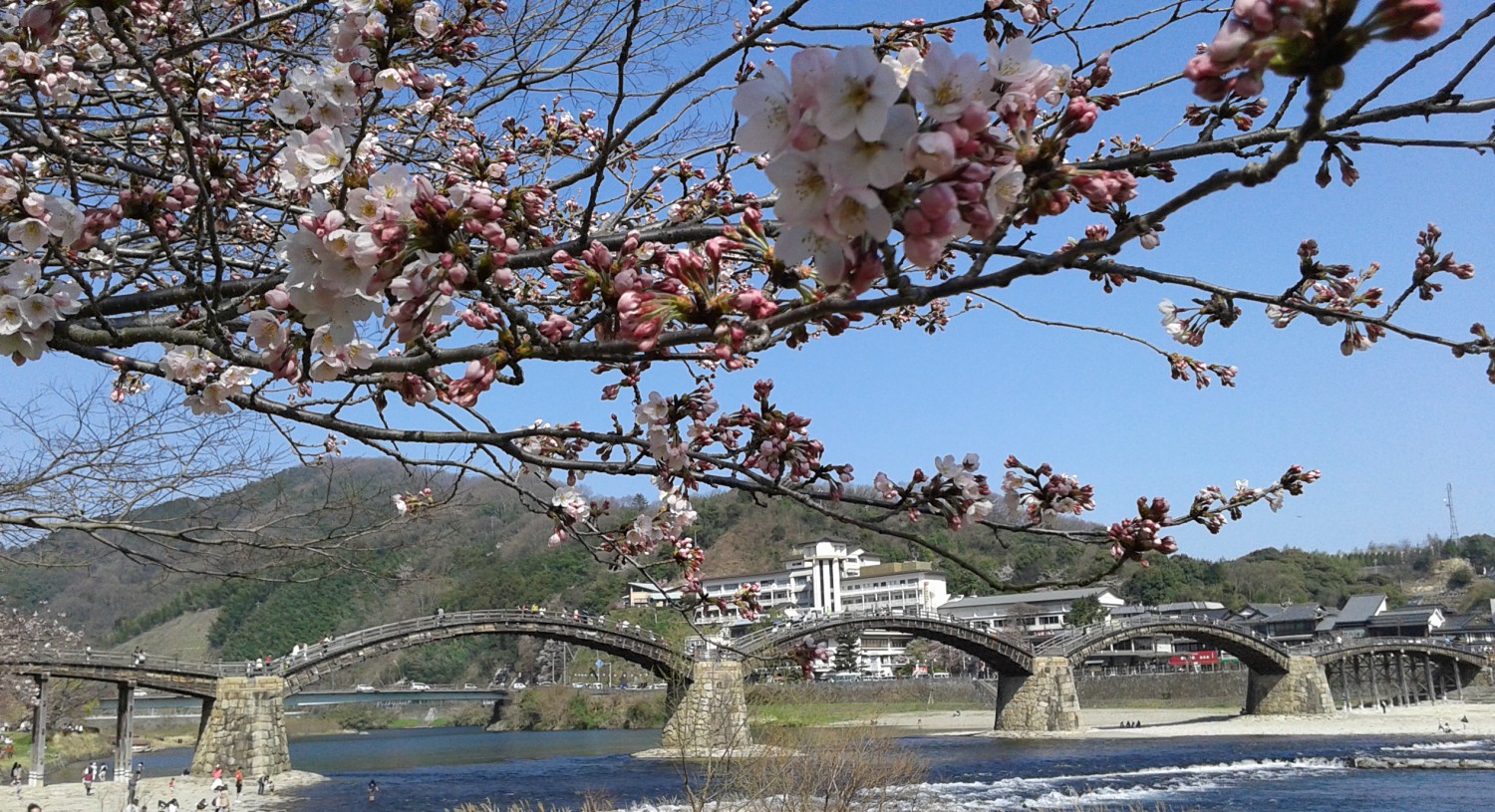Living in a non-Muslim, four—season country is very challenging for its many reasons. These challenges somehow made me realized how grateful I am to have been born as a Muslim in a Muslim country where I can get lots of easiness in praying. With most of Japanese as non-religion believers and small percentage of them are Shinto believers, there’re only a few number of worship buildings that I can see in a town. There might be one church in a town but to find a mosque? It’s a rare case.
Luckily, I live in Saijo town, Higashihiroshima city, where there are quite a number of Muslims from Indonesia, Malaysia, Afghanistan, Iran, Pakistan, and Uzbekistan and there’s an Islamic Centre building where we usually hold Islamic activities to strengthen our Muslim brotherhood. Though so, if I am into somewhere else and it’s praying time while there’s not any praying room or place (as in an Indonesian’s house) around, I usually just look for an empty, quite, cornered place where not many people pass by and there I’ll spread my praying mat and spend 5-10 minutes to pray. Sometimes in the parking lot, behind a building, in the park, in the changing room of a store, near the emergency door of a mall, or by the stairs of a mall. Or when I travel to far-away places I usually pray on the bus or on the train, and most of the time I do two prayer times at one time or Jama’ Taqdim or Jama’ Ta’khir. But if I still can get home before the next prayer time, I prefer pray at home or in a proper place for the certainty of the cleanliness of the praying place.
Furthermore, since Japan is a four-season country¸ so the prayer time changes depending on the season. The following is the summary of the prayer times in 2015 which really helps me a lot in doing my obligation as a Muslim for there’s not any Call for praying as in Indonesia. Additionally, if you are to live here in Japan, it is really helpful to have an application which tells you the prayer times downloaded in you Smartphone.
The Start of Prayer time in Higashihiroshima city, Japan in 2015 as in Japan Standard Time (JST):
January – February (middle and end of winter)
Fajr 05.46 – 05.17
Sunrise 07.15 – 06.40
Dhuhr 12.13 – 12.22
Ashr 14.52 – 15.36
Maghrib 17.10 – 18.04
Isha’ 18.34 – 19.23
March – April (Spring)
Fajr 05.15 – 03.48
Sunrise 06.39 – 05.21
Dhuhr 12.22 – 12.07
Ashr 15.37 – 15.50
Maghrib 18.05 – 18.53
Isha’ 19.24 – 20.20
May – June (end of spring and rainy season)
Fajr 03.47 – 03.15
Sunrise 05.20 – 04.59
Dhuhr 12.07 – 12.13
Ashr 15.50 – 15.59
Maghrib 18.54 – 19.26
Isha’ 20.21 – 21.04
July – August (Summer)
Fajr 03.16 – 04.15
Sunrise 05.00 – 05.41
Dhuhr 12.13 – 12.10
Ashr 16.00 – 15.48
Maghrib 19.26 – 18.38
Isha’ 21.04 – 20.00
September – October (end of summer and beginning of autumn)
Fajr 04.15 – 05.04
Sunrise 05.41 – 06.27
Dhuhr 12.10 – 11.53
Ashr 15.48 – 14.54
Maghrib 18.38 – 17.18
Isha’ 20.00 – 18.38
November – December (end of autumn and beginning of winter)
Fajr 05.05 – 05.46
Sunrise 06.28 – 07.15
Dhuhr 11.53 – 12.12
Ashr 14.54 – 14.51
Maghrib 17.17 – 17.09
Isha’ 18.37 – 18.34
To briefly describe the above schedule, the time for Dhuhr and Ashr doesn’t have much different for the whole year. Dhuhr is set to be around 11.53 – 12.13 while Ashr is at 14.51 – 15.36 JST. However, for Maghrib, Isha and Fajr, there’s a significant difference between in summer and winter. In summer, day time is longer than night time, thus, Fajr time is much earlier as at 03.15 while Maghrib is much later as at 19.26 JST. On the contrary, during winter, day time is shorter than night time, hence, Fajr is so much late as at 05.46 and Maghrib is as early as at 16.59 JST.
Another challenge for Muslim during winter is to get up for praying Tahajjud and Fajr due to its very cold weather and water (though there’s warm water too). In the other hand, a challenge faced by Muslims to do Ramadhan fast in summer is longer hours to fast as 16 hours a day this year. Nevertheless, if next year and the following year Ramadhan is in rainy season or spring, the duration to fast is as long as in Indonesia which is around 12-14 hours a day.
It has been such a great, unforgettable experience for me to have been doing my rituals as a Muslim in a non-Muslim country. I’ve gained lots of knowledge and experiences that won’t be experienced if I hadn’t been given a chance to live here. Surely, leaving the comfort zone in Jakarta where I’m used to be in makes me learn many things which is unpredictably new and different here. Thus, I really AM so thankful, grateful to Allah SWT – the One and Only – for giving me this opportunity. May all the knowledge and experiences I’ve gained here can be beneficial for people around me back in my home country that I’ll definitely share with them after I have finished with this program in March 2016. In shaa Allah, aamiin….
Regards,
Ina Lestari




